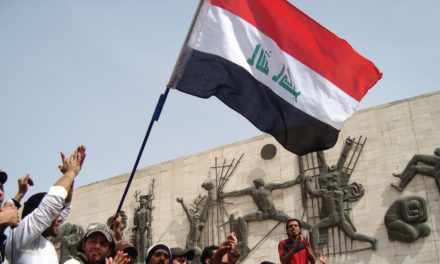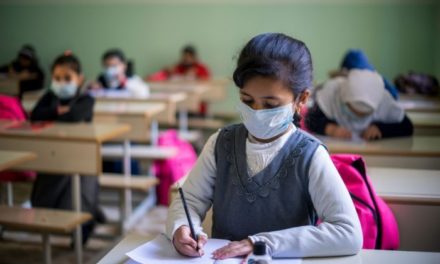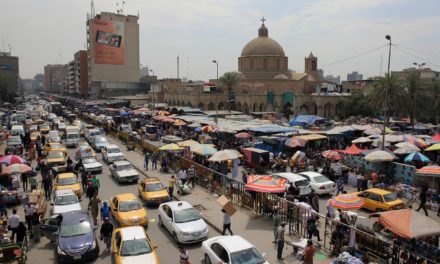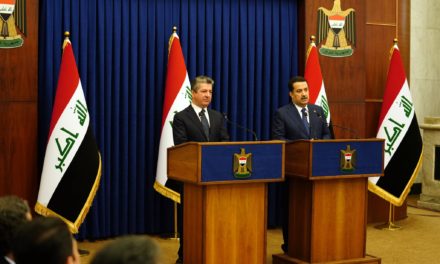Renowned for their unique features and natural qualities, and its fragrant smell of rice cultivation and sugarcane, the marshlands boast a marvelous environment with relatively mild winters and breath-taking views that resemble the natural beauty of Venice’s canals. Between Basra and Dhi Qar, Maysan and the Tigris and Euphrates, an estimated twenty-thousand kilometers; the inhabitants live on small islands bedded with dense forests of papyrus reeds. The marshlands comprise of three chief areas: The al-Hammer Marshes, located south of the Euphrates, the Central Marshes, located between the Euphrates and the Tigris rivers, and al-Hawizeh Marshes, located east of the Tigris. The marshes vary in depth and rest on immense oil wealth.
The marshes were exposed to the worst environmental crime committed by the dictatorial regime of Saddam Hussein in which he drained the marshes and scattered the inhabitants. The inhabitants migrated to the urban areas for survival. Agriculture could not survive the extreme drought conditions, and soon enough, palm trees perished. Post-2003 witnessed a significant recovery as water returned to nearly 65% of the marshlands. While the majority of the marshlands rejuvenated impressively, other areas continue to recover.
Once were a haven for rebels who revolted against Saddam’s tyrannical regime in 1991, the marshes have a unique place in the hearts and minds of Iraqis. They have become a symbol for courage and strength, carrying memories of resistance, sacrifice, and suffrage. The inhabitants of these regions have sacrificed their lives to defend Iraq in the past, and today, they are spearheading the fight against Daesh.

Through this global vote, it is an opportunity for Iraq to establish itself on the world stage by enhancing its tourism industry, as well as putting in place programs that promote the nation’s history, heritage, and culture. Tourism is likely to increase and become a means of generating revenue. By securing its territory and investing places like the marshes, tourism could one day equal oil revenue in a stable Iraq.

Mustafa Al-Khaqani
Mustafa Al-Khaqani is a researcher and a civil activist in Iraqi politics. Currently studying American politics and policy.










